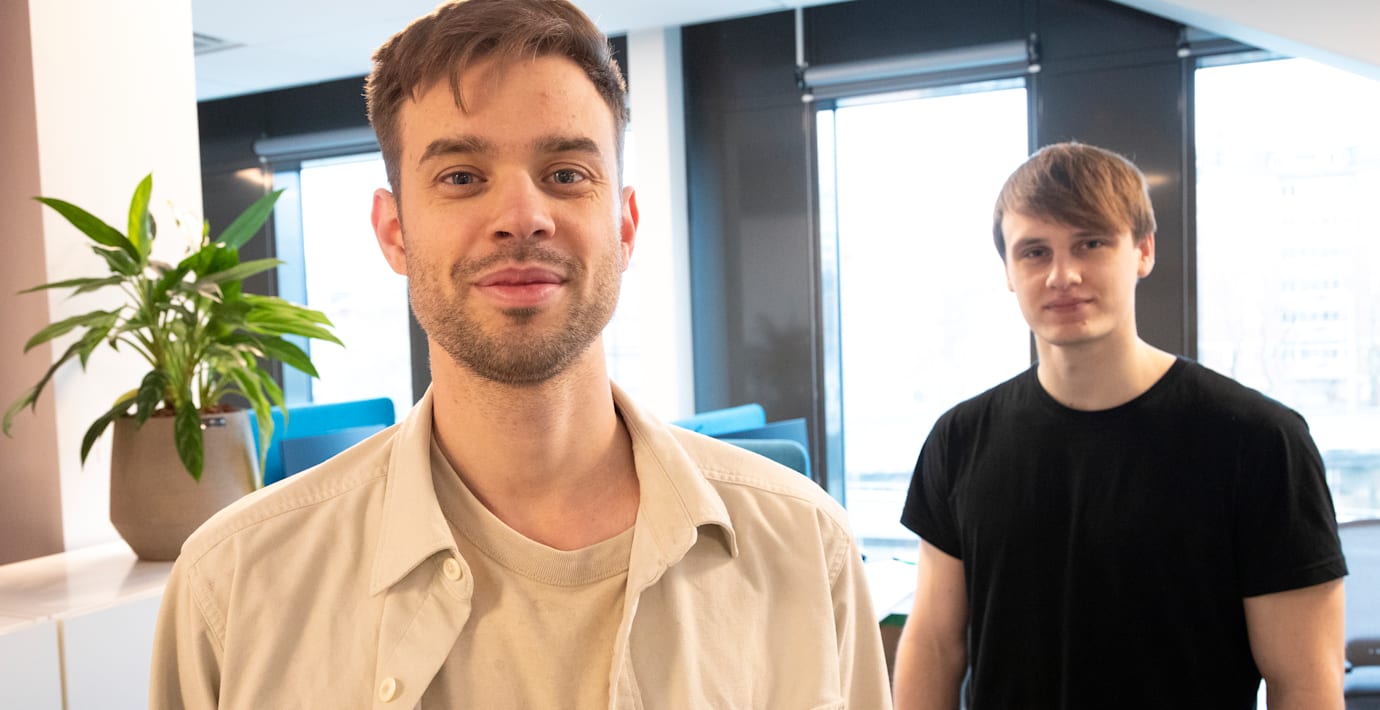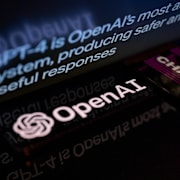
Svenska Lovable växer – oroar sig inte för AI-jättarna
Svenska AI-bolaget Lovable växer i rekordfart men vd:n och medgrundaren Anton Osika säger att han inte oroar sig för konkurrensen från jättar som Open AI och Anthropic.
– Om vi fortsätter vara snabba, säkra och enkla att använda kommer vi bygga mer förtroende än någon annan. Så enkelt är det, säger han i en intervju med Techcrunch.
Lovable erbjuder en AI-tjänst för så kallad vibe coding – ett sätt att bygga appar och sajter utan att kunna programmera. På åtta månader har bolaget passerat 100 miljoner dollar i årliga intäkter och värderas nu till 1,8 miljarder dollar efter en finansieringsrunda på 200 miljoner dollar.
Bland investerarna finns Klarnas vd Sebastian Siemiatkowski och Revoluts vd Nik Storonsky.
bakgrund
Vibe coding
Wikipedia (en)
Vibe coding is an artificial intelligence-assisted software development technique popularized by Andrej Karpathy in February 2025. The term was listed in the Merriam-Webster Dictionary the following month as a "slang & trending" term.
It describes a chatbot-based approach to creating software where the developer describes a project or task to a large language model (LLM), which generates code based on the prompt. The developer does not review or edit the code, but solely uses tools and execution results to evaluate it and asks the LLM for improvements. Unlike traditional AI-assisted coding or pair programming, the human developer avoids examination of the code, accepts AI-suggested completions without human review, and focuses more on iterative experimentation than code correctness or structure.
Karpathy described it as "fully giving in to the vibes, embracing exponentials, and forgetting that the code even exists". He used the method to build prototypes like MenuGen, letting LLMs generate all code, while he provided goals, examples, and feedback via natural language instructions. The programmer shifts from manual coding to guiding, testing, and giving feedback about the AI-generated source code.
Advocates of vibe coding say that it allows even amateur programmers to produce software without the extensive training and skills required for software engineering. Critics point out a lack of accountability, maintainability, and the increased risk of introducing security vulnerabilities in the resulting software.
Omni är politiskt obundna och oberoende. Vi strävar efter att ge fler perspektiv på nyheterna. Har du frågor eller synpunkter kring vår rapportering? Kontakta redaktionen



